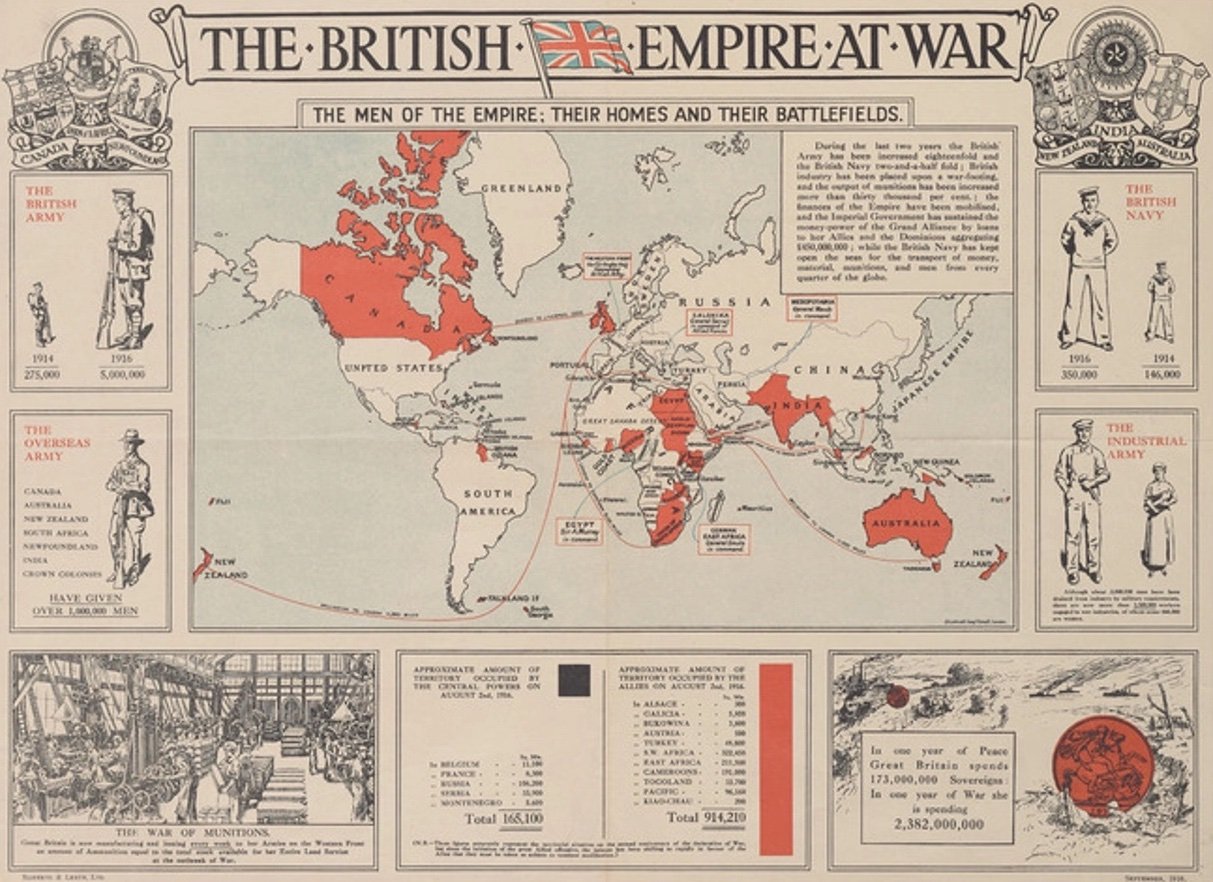RESEARCH
Monograph : Nations Ascendant: The Global Campaign Against Empire and the Making of Our World [Under Advanced Contract with Yale University Press]
My current research explores global anti-colonialism and the rise of national self-determination in the twentieth century. Historians have long been writing about decolonization in national contexts and it is well-acknowledged that the collapse of formal empires over the course of the twentieth century was a pivotal moment in world history. Yet, despite the global consequences of the paradigmatic shift from a world of empires to a world of nation-states; there remains a paucity of historical accounts on global decolonization. My current book project, tentatively titled, Nations Ascendant: The Global Campaign Against Empire and the Making of Our World seeks to fulfill this lacuna by tracing the origins of global decolonization and the rise of universal self-determination in the twentieth century. This book traces the origins and politics of this international community of colonial activists, thinkers and campaigners in the aftermath of the First World War and shows how they came to share ideas about universal decolonization and the end of empires.
Focusing on global networks which appeared during the interwar years, Nations Ascendant shows that radical activists and thinkers – from across the British Empire and beyond – challenged the imperial world order and contributed towards the ends of empire. Moreover, it shows the impact that the 1917 Bolshevik Revolution had on the production of anti-imperial dissent in the colonial world during the interwar years. By examining the global discourse of these figures, I show how universal self-determination not only became the aim of national movements but counter-intuitively also the objective for radical internationalism. Drawing from over twenty-five archives spread around ten cities, the book shows the existence of a global public sphere, whose members though not always proximate considered themselves as part of a common political community striving against imperialism. I work in English, German, French and Spanish, Urdu, Persian and use translations from a number of sources in Arabic, Dutch and Italian. Using an array of sources, I reconstruct the shadowy, often illicit world of imperial decriers from Calcutta to Mexico City, Moscow to Tehran, Alexandria to Tashkent, London to Kingston. I show how this language of revolutionary internationalism travelled to the colonies, how it was interpreted by anti-colonial activists and how it mingled and related with a range of national, regional and workers’ political projects. Eventually this led to the formation of a global imagined community of the colonized committed to global decolonization as well as to international revolution.
I am currently working on multiple articles that take up the themes of the book project. Details about forthcoming and published articles can be found here. Another in-progress article takes up the theme of global anti-fascism by examining how the Spanish Civil War impacted the production of anti-imperial thought. Using writings and popular literature from Britain, India, the Caribbean, Mexico, Cuba, and France, I show how the Spanish Civil War captured the imagination of anti-imperialists worldwide. This article aims to contribute to an emergent historiography expanding the geographical scope of studies of fascism and anti-fascism beyond Europe.
Book Project: A Global History of the Indian Labour in the British Empire [In Progress]
I am currently researching my next book project, which is a global history of Indian labor from the nineteenth century to the late twentieth century. The British imperial project necessitated and relied on the circulation of various types of labor from India to other parts of the empire. Over a million were transported as indentured laborers to sugar, coffee and rubber plantations in the Caribbean as well as to British Guiana, South Africa, Fiji and British Malaya. Hundreds of thousands of Indian laborers worked in the construction of the East African Railway in Uganda and worked as lumberman in the forests of British Columbia in Canada. Many Indian women travelled as domestic help to the metropole and hundreds of thousands of Indian sailors served on British ships. The need for Indian labor continued after the end of colonial rule in 1947 and millions made their way to postwar Britain as factory workers, nurses, doctors, engineers and construction workers. Many diasporic communities had to migrate more than once over the course of their lifetime. Throughout this period, the political status and future of Indian communities of labor remained a key question for the imperial government, the Indian national movement and later for postcolonial countries and the British state. Taking an intergenerational view, this projects seeks to examine the lives of families and communities who went through these forced and voluntary labor migrations, and whose lives were embroiled in and impacted by debates on imperial subjecthood, national belonging and eventually on modern citizenship during this long period. Importantly, the project centers the experiences of Indian people not just as immigrants and diaspora but centrally as labour. It will highlight Indian workers’ politics, means of organization and the ways in which they negotiated with the colonial and post-colonial state. The project will trace how Indian laborers survived, how the stories about their living and working conditions as well as their resistance made it to the world stage and caused political crises for colonial and postcolonial governments. It will also explore the tensions amongst Indians and other communities of colour, as all of them struggled for political recognition. This book length study will thus meditate on the relationship between labour rights and political belonging in the twentieth century.
'The British Empire At War', Roberts & Leete Ltd.; printing firm; May 1916; United Kingdom
Unknown Artist “Volga II” (also known as the “coolie” ship), 19th century, Courtesy National Maritime Museum, Greenwich, London

